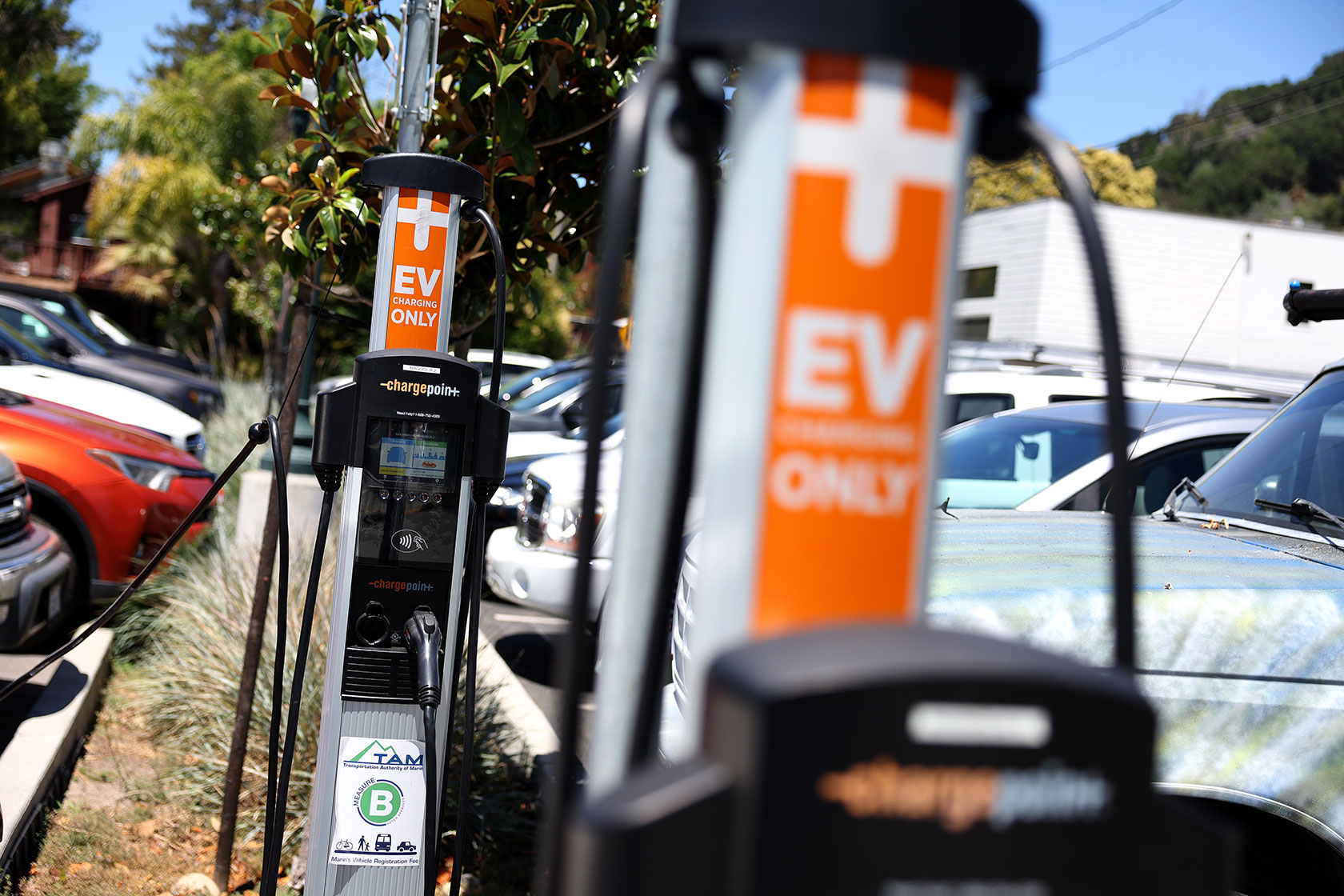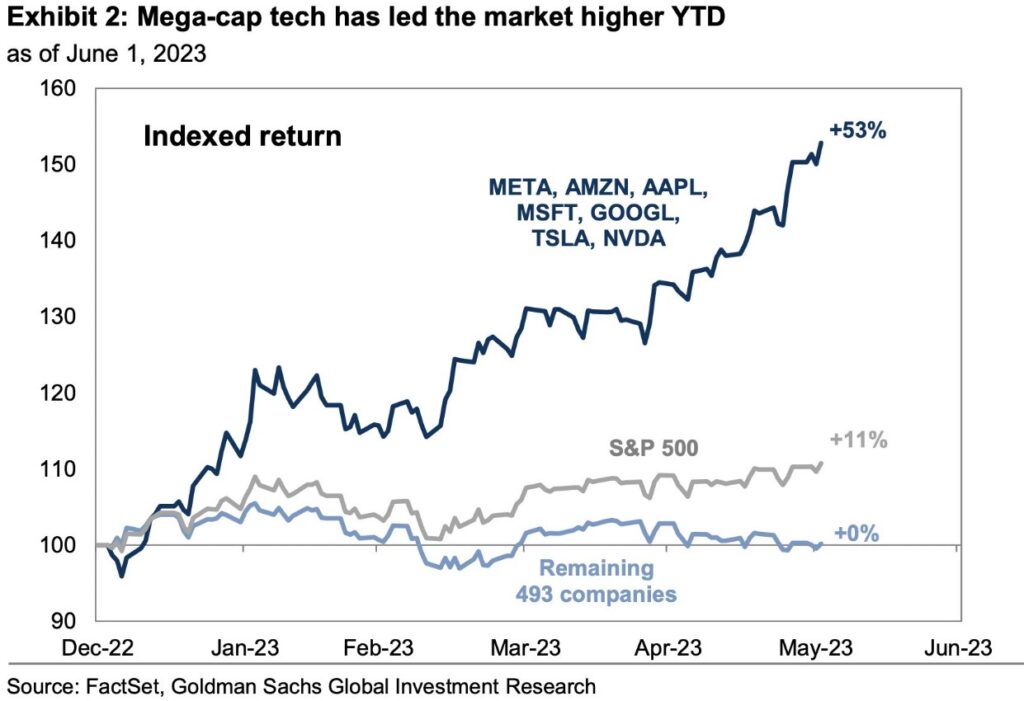Auto Dealers Intensify Fight Against Electric Vehicle Mandates

Table of Contents
Financial Concerns and Infrastructure Challenges
Auto dealers cite substantial financial hurdles and infrastructure deficiencies as primary reasons for their opposition to stringent electric vehicle mandates. The transition to EVs presents significant challenges that require considerable investment and government support.
-
High Upfront Costs: Investing in EV inventory requires a substantial upfront capital expenditure. Dealerships must also invest in expensive infrastructure upgrades, including the installation of charging stations, specialized EV repair tools, and employee training programs. This represents a significant financial burden, especially for smaller dealerships.
-
Inadequate Infrastructure Support: The lack of widespread, reliable charging infrastructure across many regions is a major concern. Government funding for the development of public charging networks has been insufficient to support the rapid expansion of EV sales mandated by many governments. This infrastructure gap significantly limits the practicality of EVs for many consumers.
-
Uncertain EV Profitability: Dealerships express uncertainty about the profitability of EV sales compared to traditional internal combustion engine (ICE) vehicles. Lower service revenue associated with EVs, coupled with higher initial investment costs, raises concerns about long-term viability.
-
Extensive Employee Retraining: Servicing EVs requires specialized knowledge and training. Dealerships face considerable costs in retraining their mechanics and sales staff to handle the unique aspects of EV technology and maintenance.
-
Long-Term Viability Concerns: Many dealers fear that the rapid shift to EVs, without adequate support, could threaten the economic survival of many dealerships, potentially leading to closures and job losses in the automotive industry.
Auto dealers argue that the current pace of EV adoption is unrealistic without substantial government support to offset these high costs and address the infrastructure deficit. They claim that without such support, the mandated transition will negatively impact their profitability and the overall stability of the automotive retail sector.
Consumer Demand and Market Readiness
Another key argument against aggressive EV mandates centers on concerns about consumer readiness and market preparedness. Auto dealers point to several factors that hinder widespread EV adoption:
-
Range Anxiety and Charging Time: Many consumers remain hesitant about EVs due to concerns about limited driving range ("range anxiety") and lengthy charging times compared to the speed and convenience of refueling gasoline vehicles.
-
Insufficient Charging Infrastructure: The lack of readily available public charging stations, particularly in rural areas, remains a major obstacle to EV adoption. Many consumers lack access to home charging, further limiting the practicality of EVs.
-
High EV Prices: The relatively high purchase price of EVs compared to comparable ICE vehicles continues to be a significant barrier for many potential buyers. This price difference disproportionately affects lower-income consumers.
-
Persistent Preference for Gasoline Vehicles: A considerable segment of the population still prefers gasoline-powered vehicles, driven by factors like familiarity, performance expectations, and the perception of greater convenience.
Auto dealers argue that consumer demand for EVs needs to increase organically before imposing aggressive mandates. They believe that focusing on addressing range anxiety, expanding charging infrastructure, and lowering EV prices are more effective ways to stimulate EV adoption than government-imposed quotas.
The Role of Lobbying and Political Influence
Faced with potentially devastating financial consequences, auto dealers are actively engaging in lobbying efforts to influence government policy and mitigate the impact of EV mandates.
-
Intensified Lobbying: Auto dealer associations are significantly increasing their lobbying efforts at both the state and federal levels, attempting to influence the legislative process and shape future regulations.
-
Political Pressure: Dealerships are applying political pressure to slow down or modify existing EV mandates, arguing that the current timelines are unrealistic and economically unfeasible.
-
Economic Feasibility Arguments: The lobbying efforts emphasize the economic consequences of rapid EV adoption, highlighting the substantial financial burdens on dealerships and the potential for job losses.
-
Industry Collaboration: Auto dealers are collaborating with other industry stakeholders, such as parts suppliers and manufacturers, to present a unified front against what they perceive as overly aggressive regulations.
These lobbying efforts reflect the auto dealers' determination to actively shape the narrative surrounding EV adoption and ensure that the transition occurs in a manner that is economically sustainable for their businesses. Their political influence plays a significant role in the ongoing national debate about the speed and method of EV implementation.
Conclusion
The resistance to electric vehicle mandates from auto dealers is a multifaceted issue encompassing financial concerns, infrastructure limitations, and questions about consumer demand and market readiness. While the transition to EVs is undoubtedly essential for environmental sustainability, the current debate underscores the need for a balanced and collaborative approach. Policymakers must work with auto manufacturers and dealerships to create a supportive environment that encourages EV adoption without causing undue hardship on the automotive retail sector. Ignoring the legitimate concerns of auto dealers risks hindering the smooth and successful transition to a sustainable automotive future. To ensure a robust and effective national strategy for EV adoption, continued dialogue and collaboration are essential. Understanding the concerns surrounding electric vehicle mandates is crucial for shaping responsible and effective policies that promote a sustainable transportation future.

Featured Posts
-
 Social Media Frenzy Kashmirs Cat Owners On High Alert
May 01, 2025
Social Media Frenzy Kashmirs Cat Owners On High Alert
May 01, 2025 -
 Kshmyr Ke Sath Ykjhty Ka Ealmy Dn Mzahre Awr Tqrybat
May 01, 2025
Kshmyr Ke Sath Ykjhty Ka Ealmy Dn Mzahre Awr Tqrybat
May 01, 2025 -
 Nothing Phone 2 Redefining Modular Phone Design
May 01, 2025
Nothing Phone 2 Redefining Modular Phone Design
May 01, 2025 -
 Protecting Your S And P 500 Holdings Strategies For Managing Market Volatility
May 01, 2025
Protecting Your S And P 500 Holdings Strategies For Managing Market Volatility
May 01, 2025 -
 Ywm Ykjhty Kshmyr Kshmyry Ewam Ky Jdwjhd Awr Ealmy Hmayt
May 01, 2025
Ywm Ykjhty Kshmyr Kshmyry Ewam Ky Jdwjhd Awr Ealmy Hmayt
May 01, 2025
